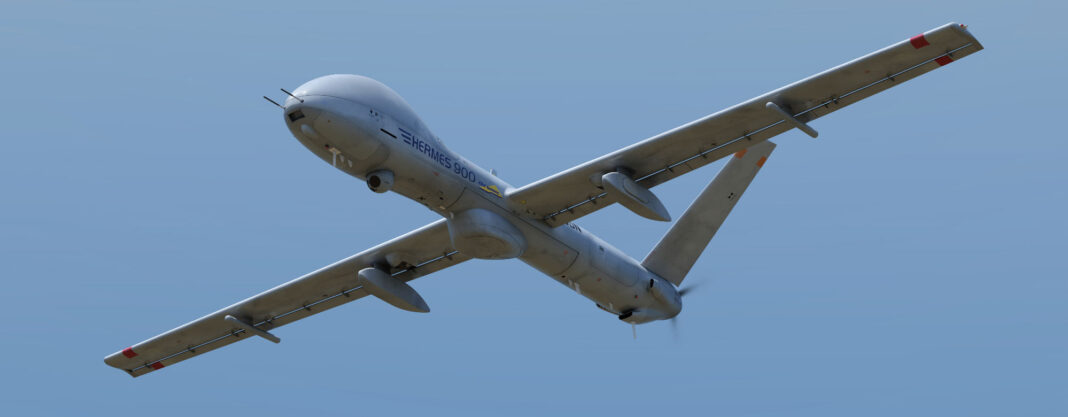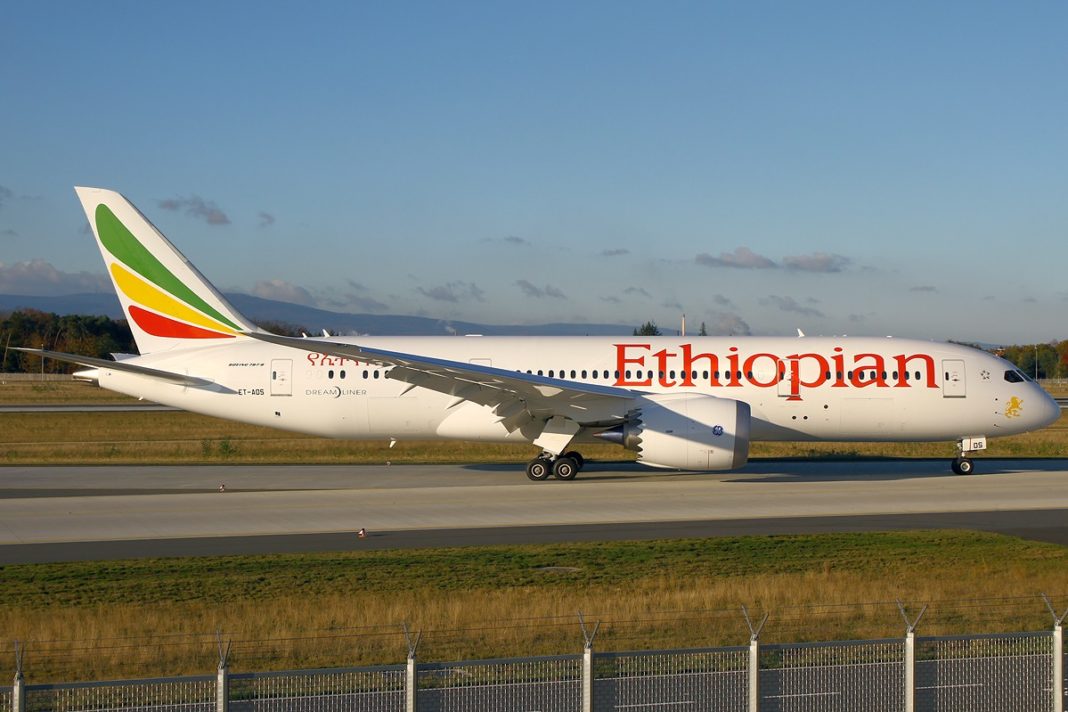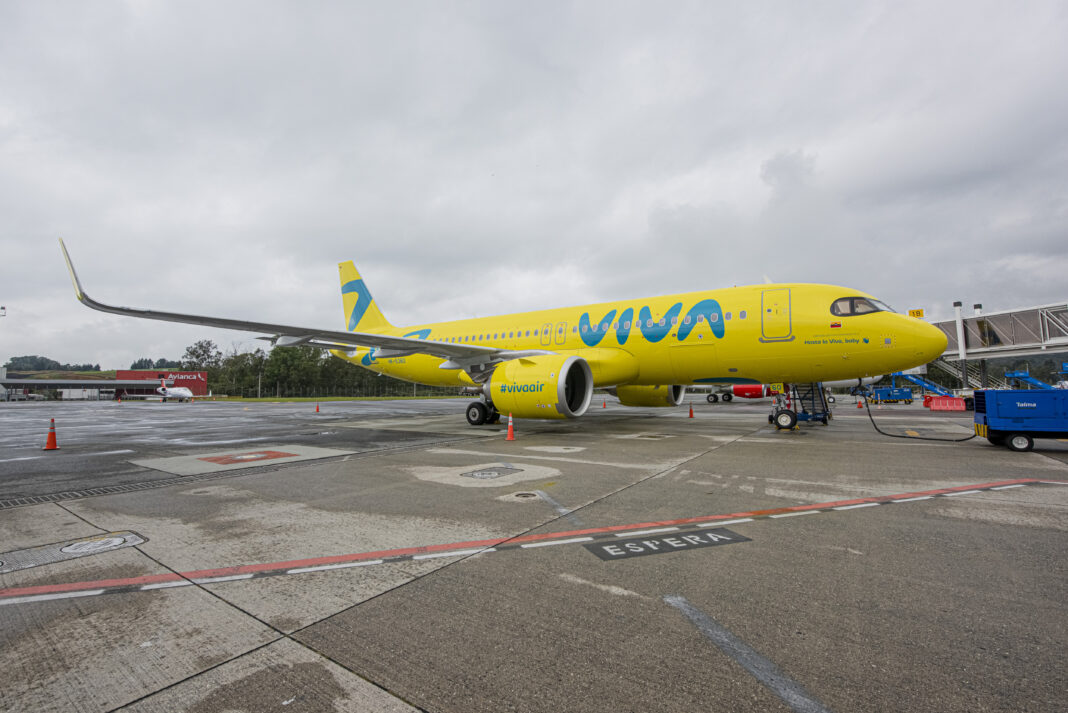The Israeli company Elbit Systems won an international tender, valued at $110 million, to supply Hermes 900 unmanned aerial vehicles to the Royal Thai Navy (RTN).
According to the Thai PS World website, RTN spokesman Vice Admiral Pokkrong Monthatphalin announced the results of the tender last Friday, July 1.
Permanent Secretary General of Defense Warakiat Rattananont has already signed the approval of the winning bid and a formal contract for the drone procurement is expected to be signed within the next 30 days.
Five companies, one from Turkey, one from China, one from the United States, and two from Israel bid for the RTN tender. The Chinese and Turkish suppliers proposed three UAVs, while Elbit Systems proposed seven and the other Israeli company, IAI, proposed five. The U.S. bidder failed the selection test.
The Hermes 900 won the day, but not without controversy
The Hermes 900 is a medium-sized, multi-payload, medium-altitude, long-endurance Israeli unmanned aerial system (UAS) designed for tactical missions. It is the successor to the Hermes 450 series. Depending on payload and other factors, it can stay in the air for more than 30 hours and can fly at a maximum altitude of 30,000 feet. Its primary mission is reconnaissance, surveillance and intelligence (ISR) and it can also function as a communications relay.
The Royal Thai Army currently has four Hermes 450 drones, stationed at the Army Aviation Center in Lop Buri province.
Earlier, two opposition parliament members, Yutthapong Charassathien and Anudit Nakorntap, accused the Royal Thai Navy of not being transparent in the procurement of the drones by switching from Chinese-made Wing Loong drones in favor of Israeli-made ones, and that the Hermes 900s have not been deployed by any country’s navy and have a bad reputation for crashing.
RTN rejected the accusations of the two MPs and insisted that the procurement of the Israeli drones is transparent.







